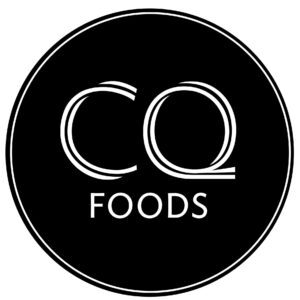
The Bristol Bay Regional Seafood Development Association (BBRSDA) said on July 10 that it is partnering for a fourth year with a Texas firm to boost the value of the world’s largest wild sockeye salmon fishery, using technology that measures salmon quality data on tenders and processing plants in Bristol Bay.
CQ Foods’ mandate is for quality measurements this summer on thousands of salmon, using a Certified Quality Reader 3.0 (CQR 3.0) device and mobile application. The device utilizes bioelectrical impedance analysis to instantly measure meat qualify for a variety of protein foods, calculating the breakdown of internal cells of the fish due to handling.
BBRSDA officials said the project is part of their continued commitment to maximizing the quality of Bristol Bay salmon. CQ Foods works directly with Bristol Bay harvesters and processors, employing a total of 71 CQR devices this year in their research.
Trident Seafoods, OBI Seafoods, Peter Pan seafoods, Silver Bay Seafoods and Leader Creek Seafoods have these devices on their fishing tenders and in their processing plants, CQ Foods vice president and partner Chuck Anderson said, adding that four fishermen are also doing quality measurements with the CQR reader on their boats.
“We are all learning together,” he said.
Alaska Department of Fish and Game biologists are projecting landings of over 36 million sockeye salmon this season, which runs through mid-August.
Bristol Bay salmon harvesters and processors use this data to refine harvest and handling practices. The CQR 3.0 also is projected to provide an alternative method for paying out “chilling bonuses.” Most Bristol Bay processors pay extra for chilled fish below a certain temperature, but fishermen often have to wait until their fresh catch gets down to the acceptable temperature in their chilled fish holds in order to receive the chilling bonus.
If CQR testing show the fish have met standards, fishermen would be able to get that bonus even if the salmon hasn’t chilled to the required level, Anderson said. CQ Foods plans also included digitizing quality slips, using computer technology to replace that paperwork in 2024, he said.
BBRSDA executive director Andy Wink said this year’s project would add to fish quality data collected in previous seasons, providing for the possibility of an objective quality baseline. Most processors currently pay additional bonuses for chilling, bleeding or landing fish with a mat or slide.
“This fishery often provides over half of the world’s supply of sockeye salmon, and the CQR holds outstanding potential as a way to further improve fish quality measurements.,” Wink said.
“Bristol Bay is blessed to have an abundant surplus of wild salmon that can be enjoyed across the world, but it’s up to us to make sure we’re maximizing the freshness of each wild salmon,” he added. “We see this as an opportunity to make the critical quality monitoring processes more efficient and improve overall pack quality.”
CQ Foods, founded in 2016, is a Texas-based Delaware C-Corp., with offices in Alaska, Texas, Michigan and Massachusetts.
